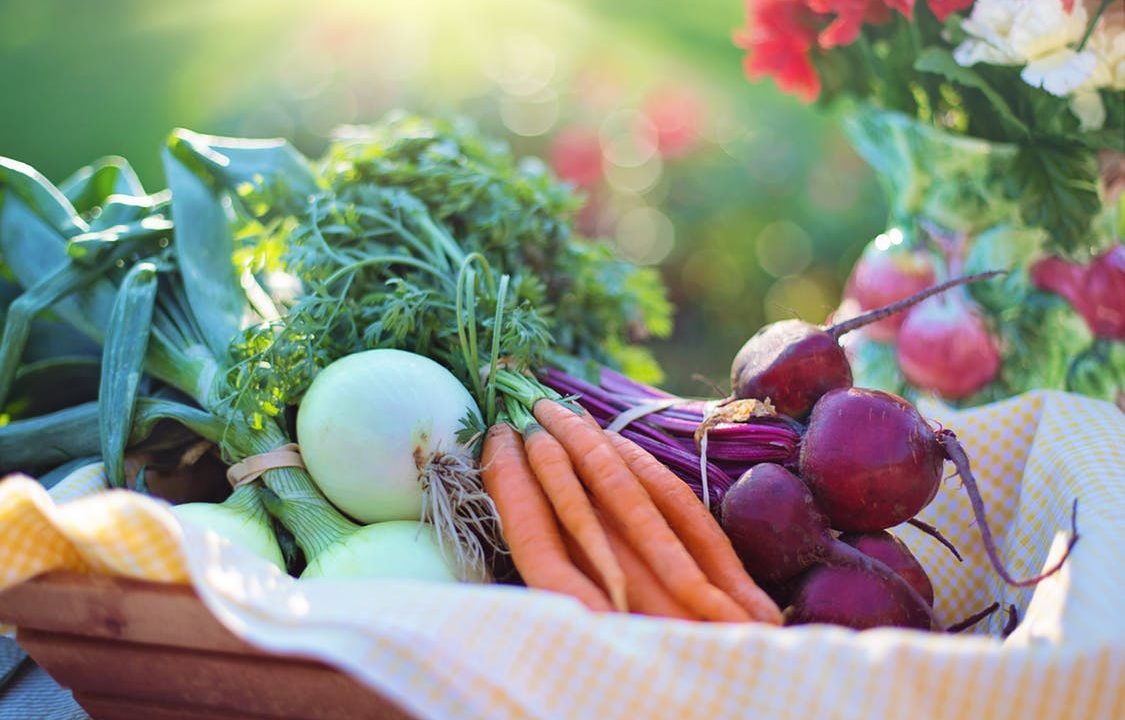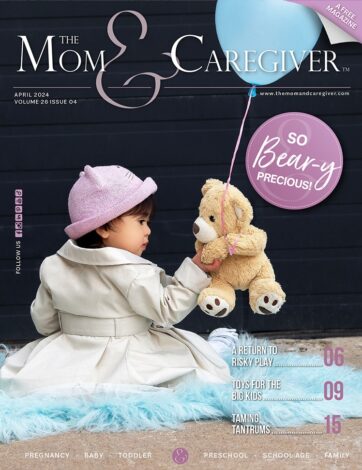Handle Food Safely
When food isn’t stored or handled properly, it can be dangerous. Food may smell and taste fine yet could be spoiled with germs causing fever, stomach pain, vomiting and diarrhea. Serious complications can cause kidney failure and blood infections. Babies and children do not have fully developed immune systems and are especially vulnerable to germs.
That’s why it’s so important that all food is cleaned, stored and handled safely (including organic food as it does not have fewer germs than conventional food).
Choose safe foods Pasteurization kills bacteria in food without removing nutritional content. Children must not consume unpasteurized products like milk, cheese, fruit and vegetable juices.
Raw or undercooked alfalfa and sprouts are risky as they may come from seeds with germs. All vegetables and fruits must be thoroughly rinsed in clean tap water. If you’re concerned about water quality, use boiled or bottled water.
Raw or under-cooked eggs and meats may harbour salmonella and E. coli so children must not eat them. Children ought to stay away shellfish and raw fish – they may contain viruses that cause diarrhea and liver inflammation. Babies under one year of age must not eat honey due to the risk of botulism, which is a type of paralysis.
Tips for safe handling and storage – Wash hands with soap and water before food preparation and after handling raw meat, poultry or seafood. – Keep raw meats and seafood away from fruits, vegetables and cooked foods. – Thoroughly clean chopping boards or surfaces that were used for meats before preparing vegetables or other foods. Consider dedicated chopping boards – one for fruits and vegetables and one for meat, poultry and seafood. – Cook meat all the way through so the centre is not pink or red. Meat juices ought to be clear or brown. – Eat foods soon after preparation, especially cream-filled desserts or salads with creamy dressings. – Don’t cool leftovers to room temperature before refrigeration. Refrigerate immediately. Set your refrigerator at 4° C (40°F) or lower. – Finally, keep foods away from insects and animals, including pets.
Protecting the health of your children and your family means safe food practices!
Becky Biqi Chen was a resident in general pediatrics for three years at the Children’s Hospital at London Health Sciences Centre. She is currently specializing in pediatric gastroenterology during her fellowship at the British Columbia Children’s Hospital.














